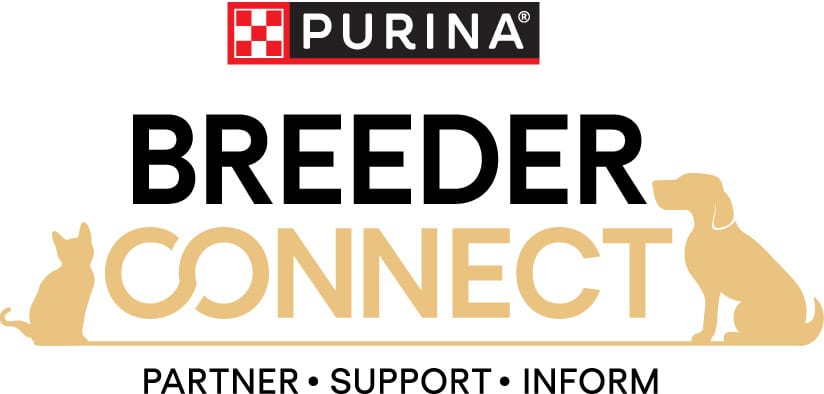In this article
The EU has introduced legislation to protect the welfare of dogs and cats, which is a significant step forward in animal welfare and one that is welcomed by Breedera.
The new measures include improvements to traceability, breeding standards and online sales regulations.
Below, we summarise the new legislation:
Transparency and traceability.
The proposal includes measures to improve traceability through national databases and mandatory identification and registration of cats and dogs by veterinarians or qualified individuals.
Transparency and traceability are core values for Breedera.
Breedera makes it easier than ever for responsible dog breeders to record their animal health and breeding records and instantly share them with authorities, owners and vets.
Improvement to breeding practices.
The legislation aims to enhance breeding practices by requiring breeders to gain approval from competent authorities, with inspections and certification processes in place.
Breedera is already helping 100s of council-licensed breeders in the UK demonstrate to their inspectors that they are upholding the highest breeding standards possible.
The app enables UK-licensed breeders to log weights, feeds, treatments, vaccinations, health certificates and more, as well as share this data – and their dog’s full health history – with animal welfare inspectors.

A ban on cosmetic and convenience surgeries.
Cosmetic surgeries, such as ear cropping and tail docking, will be strictly prohibited unless performed for medical reasons.
We fully support the stance that the EU is taking that cosmetic reasons alone should never be a reason to perform a surgical procedure on an animal.
At Breedera, we define responsible breeders as those who put the health and welfare of their animals first. The case of ear cropping does not – in the majority of cases – pass this test. The only exceptions are where the procedure is done to avoid medical incidents in the future.
Does the new EU legislation go far enough?
Euro Group for Animals has praised the new legislation as an “important milestone for the welfare of cats and dogs”. However, the group also shares concerns that the legislation fails to address other important issues, such as:
- The ban on cats and dogs in pet shops
- The abuse of artificial insemination
- Extreme breeding practices
We believe that legislation should be used to prevent practices that are not in the best interests of pets and the people who love them. In the case of extreme breeding practices, we respect the diversity of breeds and believe all breeds should be welcomed and loved in the dog world. But extreme breeding practices to achieve what is purely a cosmetic effect, to the detriment of the dog’s health, should not be encouraged, and steps should be (carefully) taken in law to deter such practices.
To read more about the new EU legislation:














By Courtney Farrow
Courtney supports Breedera with all our online content. Specialising in heart-led copywriting for purpose-driven brands, she is passionate about Breedera's mission to make responsible breeding practices easy and rewarding and champion more traceability and transparency in the pet industry.